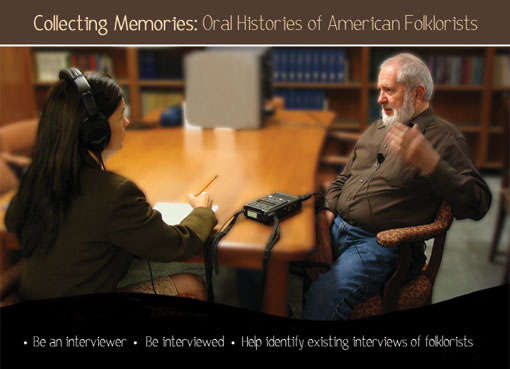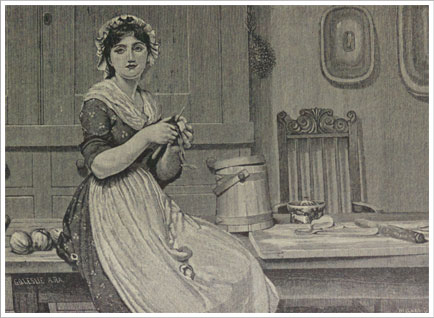DigitalCommons—USU’s online intellectual and creative treasure chest
February 15th, 2012 Posted in Arts and LifeLOGAN—Buying new books and scholarly journals is an expensive proposition, and as a result, academic libraries struggle to keep their place as major intellectual resource in the face of competition from digital technologies. Utah State University has addressed this problem by creating its own Internet repository of research and resources from its faculty and students—DigitalCommons.
DigitalCommons is a central location where the world can access Utah State’s student and faculty “intellectual output”—including publications, conferences, videos and lectures.
 In 2011, the website had over 125,000 hits and half a million downloads—one-third coming from outside of the United States. USU’s repository has a total of 21,000 files of research and other resources.
In 2011, the website had over 125,000 hits and half a million downloads—one-third coming from outside of the United States. USU’s repository has a total of 21,000 files of research and other resources.
A wide-ranging and varied wealth of topics resides in USU’s digital warehouse, available free to anyone. Among the thousands of offerings:
• Collecting Memories: Oral Histories of American Folklorists—USU is a national center for American folklore.
• Cookery & Culture: A digital cookbook collection from the 1700s-1900s. Says USU French professor Sarah Gordon, author of Culinary Comedy in Medieval Literature, “Food and cooking are human universals—we are what we eat and how we cook it. Cookbooks, then, are more than just how-to books; they can be guidebooks and storybooks, helping us understand other cultures and times.”
• Death Valley Region Photo Collection: A “small collection of black and white photographs of the Death Valley area of Nevada and California was taken mainly in the late 1920s by ‘Shorty’ Harris or one of his associates.”
• Facing the Color Line, Race, Ethnicity in Cache Valley: “Read USU President Daryl Chase’s letters responding to issues centering on black athletes and interracial dating. See the controversy in the pages of the student newspaper in 1969 about housing discrimination in Logan. Trace the evolution of mixed marriage laws in Utah from 1888 to the present.”
• The Box Elder News: Archives from 1904-1926.
• Logan Canyon Land Use Managers: “Coming over the Logan Canyon Highway from Bear Lake was like driving into Heaven.”—Fred Wagner
Idea Born in 2004
The idea of creating an Internet repository at Utah State University came from Cheryl Walters, the head of Digital Initiatives.
Her idea was initially denied because the project would cost well over $100,000.
 But Walters was determined to make the repository a possibility. She and her team attended conferences and “kept watching” over the years to see how other universities had successfully established their own online repositories, she said.
But Walters was determined to make the repository a possibility. She and her team attended conferences and “kept watching” over the years to see how other universities had successfully established their own online repositories, she said.
In 2004, Internet repositories “were still a new idea,” she said, “and we really can’t afford to invest a lot of resources into a brand new idea without knowing that it’s going to be something that sticks around for awhile.”
In 2007, Walters was finally ready to make things happen. After a long process of trial and error, she and her team decided to outsource the repository hosting to a software company called the Berkeley Electronic Press, also known as bepress, which is an open access platform that supports DigitalCommons. Bepress was significantly cheaper than previous options and within the library’s budget, Walters said.
Within three weeks of deciding on DigitalCommons, Utah State University had an Internet repository up and running.
Today USU’s DigitalCommons is thriving. And the rush is on to get everyone involved.
“All it takes is just one advocate and then the word just spreads and everyone wants to be a part of it,” said Andy Wesolek, the scholarly communications and IR librarian.
“The faculty on this campus have been refreshingly supportive,” Walters said. “They have really embraced the concept of opening up access to their publications and we have had astounding success.”
USU students and faculty can contribute to DigitalCommons by contacting the Digital Initiatives office, will upload the user’s data, create individual web pages for faculty members and work with publishers on copyright issues. Contributors receive a monthly report showing how many of their publications were downloaded.
“It really is a way to make the works of our university accessible to the world,” Wesolek said. “DigitalCommons allows us to put all of the intellectual stuff that is produced by Utah State and keep it in one place where it will exist into the future and shine well for our institution.”
MDL/TP
Tags: American Folklore Society, Cheryl Walters, Digital Initiatives, DigitalCommons, USU Library

Sorry, comments for this entry are closed at this time.